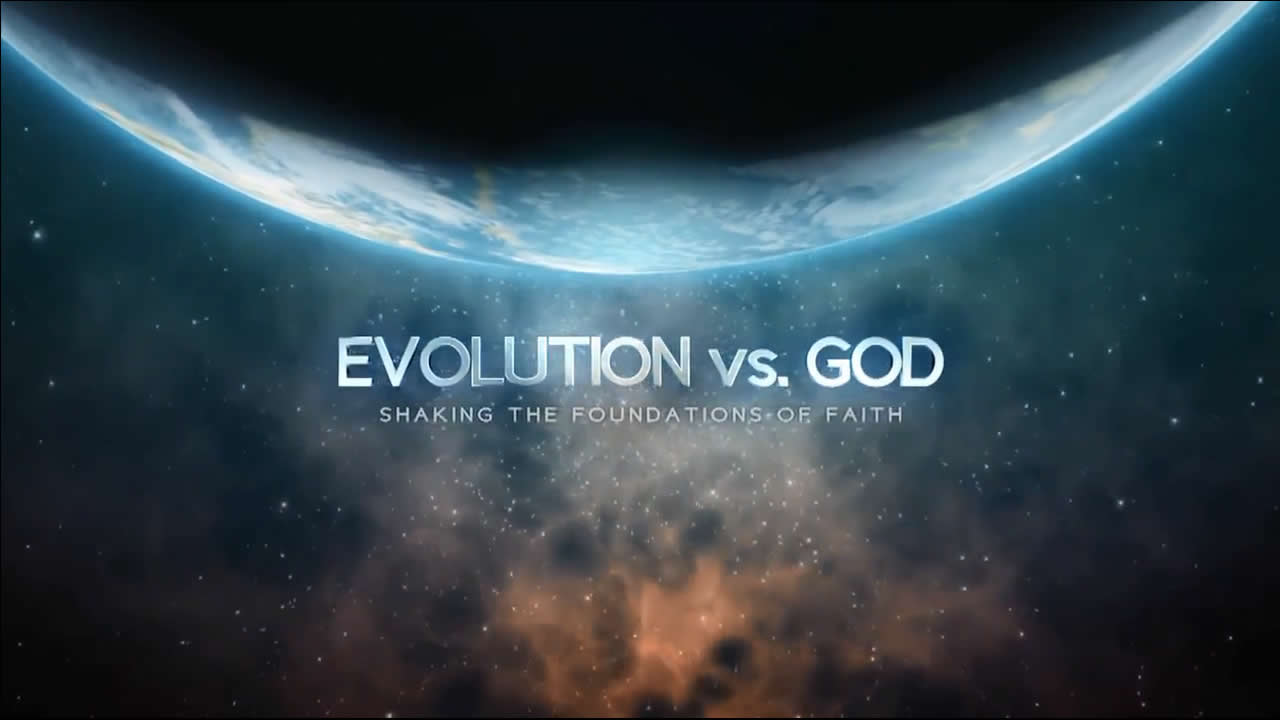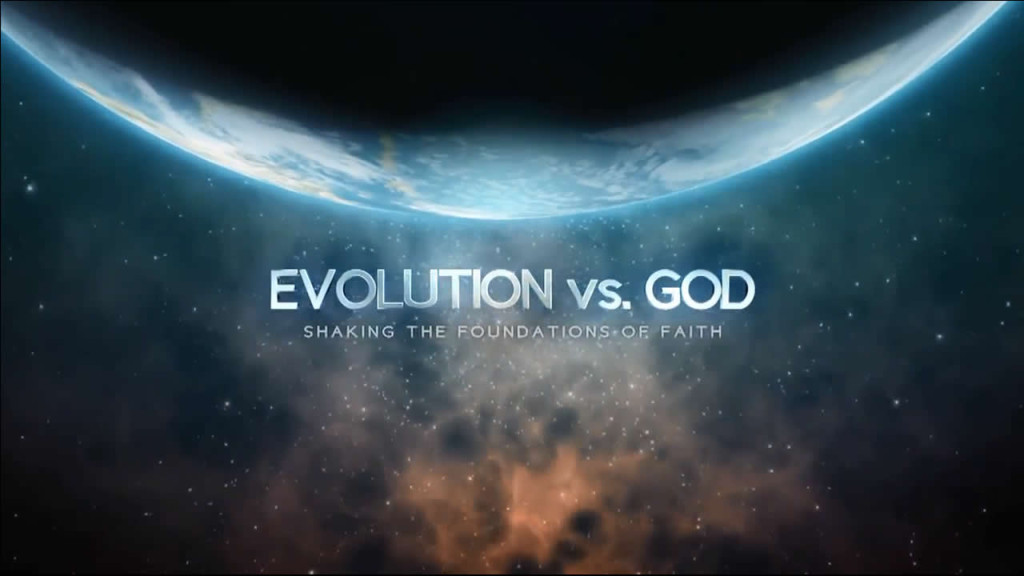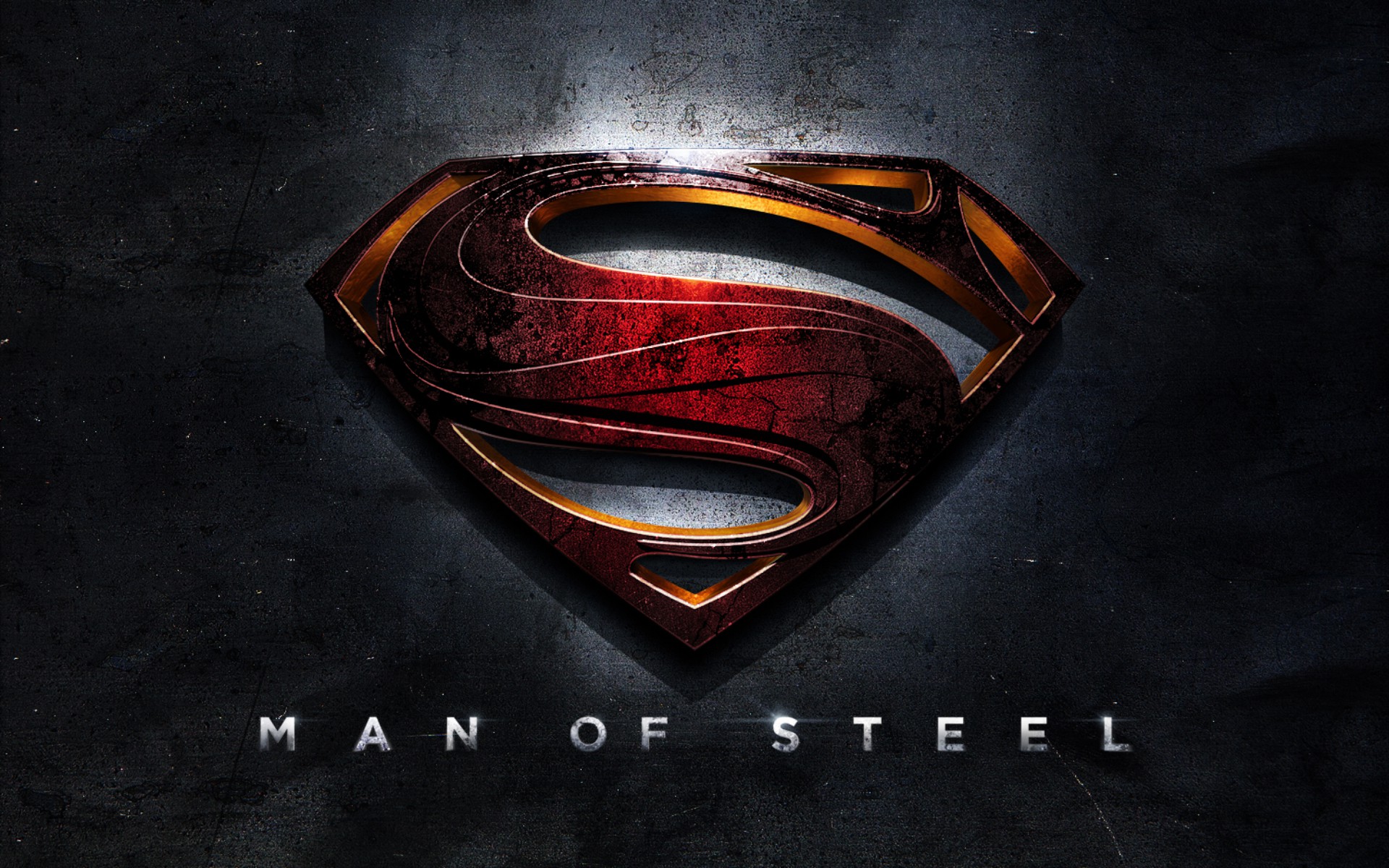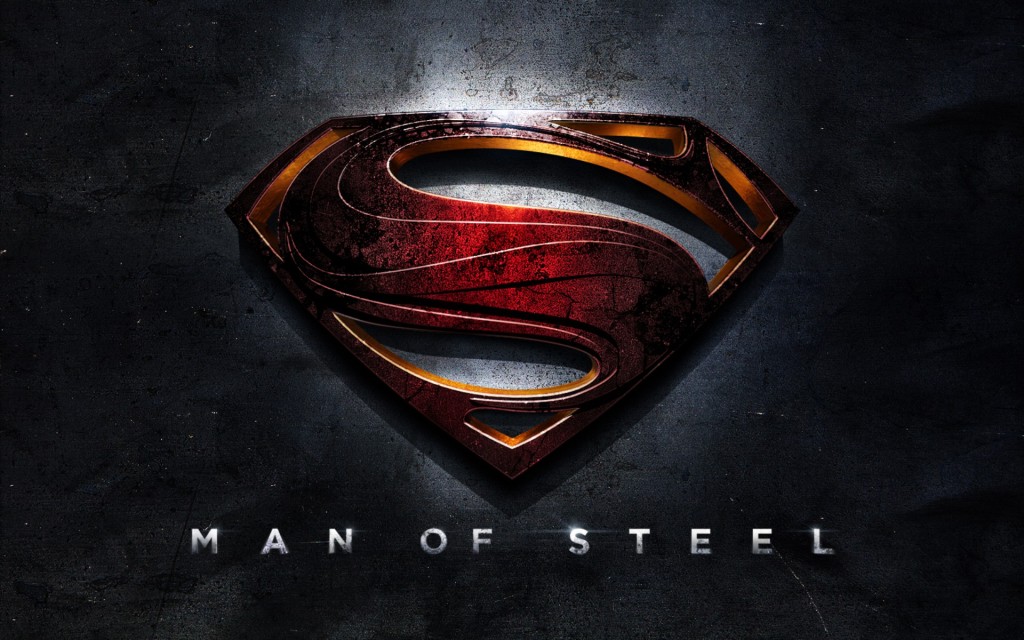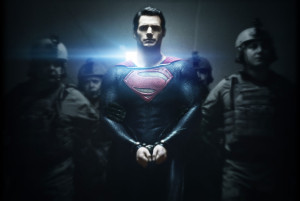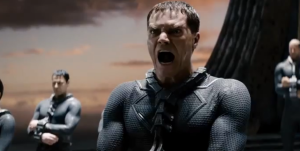I recently had the pleasure of taking a summer class on Church History and Philosophy with Dr. Stephen Nichols, respected professor at Lancaster Bible College and now a teaching fellow at Ligonier Ministries. The course required that I spend the better part of five days in a classroom with Dr. Nichols, and he made the experience a real joy. I was thrilled then when I found out he had a book coming out shortly after the course on Dietrich Bonhoeffer. I knew immediately this was a book I had to read.
Dietrich Bonhoeffer is a very interesting and polemical figure in church history. Progressive Christianity wants to claim him in their camp because of his focus on social issues and social injustice. Conservatives want to claim him because of his rock-like dependence on prayer, Scripture and the authority of Christ over our lives. The mistake we often make is trying to interpret Bonhoeffer as a 21st Century Evangelical. He was neither “progressive” nor “conservative” by our definition of the words. I am confident, were he alive today, that he would have criticisms for both camps.
For those not familiar with Bonhoeffer, a brief background is in order. Dietrich Bonhoeffer was a young German theologian who lived prior to and during the Nazi regime under Hitler. Bonhoeffer was first known for standing up against the German national church, which became a supporter of Hitler and his anti-semitism. Bonhoeffer and those like him branched off and started what became known as the Confessing Church. “These ministers and their parishes would swear allegiance to Christ – who was not Aryan – and not surrender the church to be captive to the political ideology of the Nazi Party” (pg. 33).
Later, Bonhoeffer became head of an underground seminary in Germany. He saw many of its graduates captured and killed under the Nazi regime. During this time, he wrote many now-classic books that define many principles for our time. These books include The Cost of Discipleship and Life Together, possibly the two most influential works on discipleship and christian community to our church today, respectively.
Bonhoeffer was arrested for his (debatable) involvement in a failed plot to assassinate Hitler. In 1943, just a few months after being engaged, he was arrested and imprisoned at Tegel. In 1944 he was transferred to the Gestapo prison in Berlin. He was martyred shortly before the war was ended.
after being engaged, he was arrested and imprisoned at Tegel. In 1944 he was transferred to the Gestapo prison in Berlin. He was martyred shortly before the war was ended.
In his book Bonhoeffer on the Christian Life, Dr. Nichols shows us why exactly Bonhoeffer is relevant to us today. This is not an annotated biography by any stretch. Rather, it is a survey of his theology given in Bonhoeffer’s context to help us understand why Dietrich is “worth meeting.”
He (Bonhoeffer) demands our attention – not like the tantrums of a two-year-old, but like the quiet, trusted voice of a wise friend…Bonhoeffer so well understood how to live because he so well understood the cross on which Christ died. Bonhoeffer also grasped the all-encompassing implications of the cross for human existence. He lived from the cross for the world. This is why he’s worth meeting (pgs. 22-23).
Praise
Dr. Nichols’ writing style is perfect for capturing a survey of Bonhoeffer’s theology. A master in history and reformed thought himself, Dr. Nichols knew the best way to lay out the text for the reader.
Beginning in Chapter 2, Nichols takes the reader through a survey of Bonhoeffer’s christology and ecclesiology. It is said that Bonhoeffer had a “Christo-ecclesiology”, that is, Bonhoeffer had both christology and ecclesiology at the center of his thought. It is upon this foundation that the reader will come to understand Bonhoeffer in a better light.
Nichols then takes the reader through a journey on Bonhoeffers doctrine of scripture, his thoughts on prayer, Bonhoeffer’s thoughts on thinking and living theologically, “Worldliness”, freedom camouflaged as service and sacrifice, and finally love.
I was very pleased to find that Dr. Nichols includes much thought into Bonhoeffer’s philosophy on seminary life and theological education. As a seminary student myself, it was fascinating to read of how Bonhoeffer ran his seminary ( playing soccer and going on long walks with his students, among other things). Bonhoeffer had a clear view on how theological education must be in service to the church, and must be lived out in life. These pages are a great reminder and read for any seminary student.
In addition, Dr. Nichols does not merely tell us what Bonhoeffer thought. Rather, Dr. Nichols includes application and his own thoughts for how Bonhoeffer’s theology should apply to our lives today. These little quips, while not often, were great to read and I loved finding these nuggets of wisdom. A couple of my favorites include:
- The church is not a hippy commune or hipster club. The sooner we come face-to-face with the disillusionment with others and the disillusionment with ourselves, Bonhoeffer adds, the better off we and the church are. There is a realism here that we should appreciate, and a realism that, once grasped, goes a long way in sustaining true and genuine community in the church (pg. 69).
- The first commitment (of Bonhoeffer) is what has been said already, that theology is in the service of the church. The second commitment is that theology must be lived out…The church as a whole and individual Christians suffer when we pit theology and spirituality or matters of Christian living against each other. We thrive when they work together (pg. 117).
What I loved most about this book was the way Dr. Nichols really makes the reader feel like he is reading Bonhoeffer in his context, and not just a book about Bonhoeffer. Dr. Nichols achieves this not only in his mastery over the historical events of Bonhoeffer’s life, but also in including a plethora of quotes from Dietrich himself. It was these many quotes that made Bonhoeffer come alive for me and helped me to understand who he was as a person, not just as a church figure. Some of my favorite Bonhoeffer quotes from the book include:
- I think we’re going to have an exceptionally good Christmas. The very fact that every outward circumstance precludes our making provision for it will show whether we can be content with what is truly essential. I used to be very fond of thinking up and buying presents, but now that we have nothing to give, the gift God gave us in the birth of Christ will seem all the more glorious; the emptier our hands, the better we understand what Luther meant by his dying words: “We are beggars, its true.” (pg. 30)
- We must not first ask what they (the Psalms) have to do with us, but what they have to do with Jesus Christ (pg. 108).
- We are not judges of God’s Word in the Bible; instead, the Bible is given to us so that through it we may submit ourselves to Christ’s judgement (pg. 87).
- In Jesus we have come to know the kindliness of the Father. In the name of the Son of God, we may call God our Father (pg. 107).
- He who denies his neighbor the service of praying for him denies him the service of a Christian (pg. 111).
- A seminary in which numerous students openly laugh during a public lecture because they find it amusing when a passage on sin and forgiveness from Luther’s On the Bondage of the Will is cited has obviously, despite its many advantages, forgotten what Christian theology in its very essence stands for (pg. 122)
- May God give (faith) to us daily. And I do not mean the faith which flees the world, but the one that endures the world and which loves and remains true to the world in spite of all the suffering which it contains for us. Our marriage shall be a yes to God’s earth; it shall strengthen our courage to act and accomplish something on the earth. I fear that Christians who stand with only one leg upon earth also stand with only one leg in heaven.
The reader of this review should note how clearly quotable this book is, which is a sign of how much I enjoyed the text. It is a struggle not to quote the whole thing.
Criticisms
If I had to pick one thing to interact with Dr. Nichols on in this text, its that one of his greatest strengths may be a crack into a weakness. While I appreciate all of what Dr. Nichols wrote, many critics might point to how much he includes thoughts from Reformed writers such as Luther or Calvin and claim that Nichols is assuming Bonhoeffer belongs in their camp. While I do not believe this is what Dr. Nichols is trying to do, Bonhoeffer is one of these polemical figures in Church history that people want to force us to take sides on. While I think Dr. Nichols does a sufficient job at interpreting Bonhoeffer in his proper context, others might think he is jumping to conclusions as to where Bonhoeffer fits theologically.
Conclusion
Bonhoeffer has much to say to the church of 2013. As I stated earlier, I do not think Bonhoeffer would pick any side in the current debate of progressive vs. conservative Christianity. Particularly in the American church, Bonhoeffer would have much to say to us today. In particular, I think Bonhoeffer would cringe over how little our church is marked by suffering. I don’t just mean physical or emotional suffering, but a suffering that marks us as truly different from the world, a suffering that shows that we really believe what we preach on Sunday. As he said of Union Theological Seminary in 1929, I believe he would also say of the American church today: “There is no theology here” (pg. 122-123).
Dr. Nichols really knocked this book out of the park by showing us how Dietrich Bonhoeffer is important and relevant to us today. Bonhoeffer is not merely a historical martyr and church figure, but he is a profound theologian and example of living out a serious committed Christian faith in light of insurmountable odds.
Bonhoeffer on the Christian Life is a book I would recommend and strongly encourage every Christian to get their hands on. It may be one of the most influential books you’ll read this year.
This week saw the release of a new internet documentary that is taking the blogosphere and social media by storm. Evangelist Ray Comfort, president of Way of the Master ministries and producer of other documentaries such as 180, has a new assault on Western Civilization. His target this time? The scientific community, specifically that of the evolutionist crowd.
Entitled Evolution vs. God, Ray Comfort promises to debunk evolutionary theory in a way that would make even the most astute scientists squirm. I know Ray’s heart, and I know he earnestly believes this documentary is going to serve the Christian community. Unfortunately, the film neither debunks evolutionary theory and it ultimately harms the Christian community and our witness.
Now, I’ve previously hinted at my position on this topic, and it’s probably best I elaborate slightly before proceeding. I am neither an evolutionist nor creationist, and I am pro-science and pro-conservative faith. I am against the dichotomy that science is always opposed to faith, and I think such arguments are unhelpful and naive. I first began questioning evolution when I was in college, years before I was a Christian, and it was simply because the university’s leading anthropology professor gave a really shoddy explanation of it. Essentially I am not an evolutionist (although I do believe in an old-Earth) because I do not yet see the evidence for it. At the same time, I do not think it is necessary nor is there evidence to suggest a young-Earth literal creation account.
Evolution vs. God is a short film that is approximately 35 minutes long. In the film, Comfort “interviews” 4 university professors (two from UCLA, from USC and another from the University of Minnesota), along with a handful of science students from various disciplines on the campuses. I use the term “interview” lightly, because Comfort often comes off more hostile than not, and only hammers a single question home rather than getting flushed out information on the subject. In addition, almost all of his discussions appear outside, which suggests these conversations aren’t taking place in an environment that is conducive to honest and genuine discussion.
Comfort’s assaults attempt to prove that evolutionists do not have adequate responses nor explanations for the evolutionary theory. He tries to argue that evolution requires belief and faith, in the same way that Christianity requires belief and faith.
I am a little bit disturbed that Ray would equate belief in scientific theory with belief in the most holy, kind and gracious creator of the universe. The Christian faith is “the assurance of things hoped for, the conviction of things not seen” (Hebrews 11:1). The scientific, evolutionist “faith” or “belief” is that their evidence suggests they will still find the missing clues they’re looking for. These are two completely different kinds of faith, and trying to mix the two does injustice to the gift of faith given to us in Christ.
Ultimately, the film fails to deliver on several other levels. These points I will outline below:
- The film only furthers the mentality that science and faith cannot coexist. This only serves to create further separation between the Christian and humanistic/atheist science communities.
- It does not fairly represent the scientific community – four professors and a handful of students are not an accurate representation nor adequate sample size of people to interview.
- Comfort appears to be intentionally making scientists look stupid (how many reasonable answers to his questions are there that we DIDN’T see?).
- Comfort employs bullying tactics when he tries to force the idea that atheists like evolution because it gives them an excuse to be sexually immoral.
- The film ultimately hurts witness with the scientific community.
Every good debater knows that to have a fair debate, one must represent the opposing side in its strongest and most accurate forms. Otherwise you are simply presenting a straw-man. Comfort does not present evolutionary scientists in their strongest form, and instead paints the picture of brainless scarecrows from Oz. It would be just as easy – if not easier (given the average Christians abysmal Biblical literacy) – to make a similar film about Christians who can’t answer the questions of an atheist. We wouldn’t want to see a film like that about us, so why would we do that to others?
Similarly, humanistic/atheist scientists are going to watch this film and only become more upset and frustrated towards the Christian community. For most scientists who see this film, this is only going to alienate them and further harden them towards hearing the gospel in the future.
To be fair to Ray, I think this film does deserve some credit in that it may show that many students and people buy into evolution without understanding it for themselves. This is a similar attack that is often levied on lay-Christians for not knowing their Bibles, so now we begin to see that the same might be said for the average believer in evolution.
In closing, I want to make it clear that I am not attempting to tear Ray Comfort down nor question his ministries. I don’t doubt the countless people who have heard the gospel through his evangelism, and I am greatful for his service to the Kingdom. However, as Christians I think it is necessary for us to be aware of when we are betraying Biblical practices for worldly obediences. Sadly, I think this film ignores Biblical premise for treating others as we’d like to be treated, and instead allies with the worldly desire to tear down an idea simply for the sake of disagreement.
We can do better than this.
I was recently talking to a friend (thanks, Tom) about the level of gospel-related imagery present in many Hollywood movies today. We specifically talked about the latest Batman trilogy – one of the reasons everyone loves Batman is that he’s the unlikely hero who is willing to sacrifice himself for the sake of others. Isn’t that why we love the idea of heroes today? One of the subplots in last years Avengers was that Tony Stark wasn’t a true hero until he learned what it meant to sacrifice himself and put his own life on the line. Captain America is the selfless boyscout who, despite being mocked and humiliated by his peers, continually demonstrates that others lives are more valuable than his. Selflessness, humility, sacrifice – things we love to see in our ideal heroes – are all things that Christ demonstrated through his earthly ministry and ultimate death on the cross.
In this years Man of Steel, Christ-like gospel imagery is absolutely everywhere, and the American public is going to eat it up. I am doubtful that either Zack Snyder or Christopher Nolan intentionally placed this imagery in the movie because of their faith (as far as I know, neither are professing Christians). Regardless, they were fully aware of the similarities between Christ and Superman, and were fully aware that this type of hero is exactly what the public wants to see.
Below I’ve compiled a list of some of the more obvious Christ-related imagery in the film. I am sure there are plenty more that I didn’t see during my first screening. While not an exact one-to-one likeness between Christ and the Superman portrayed in this film, the glaring connections cannot be ignored. I have been careful not to place any spoilers in this list, and there isn’t any information in the list below that you wouldn’t know from watching the previews:
- Many characters throughout the film are routinely seen wearing cross necklaces (this would otherwise be unmentionable if it weren’t for other imagery)
- Kal-El (Superman) is sent by one father (Jor-El) and raised by another (Jonathan Kent)
- Kal-El is naturally born, of the same essence as his father – while his enemy (Zod) is a created being
- At one point in the movie, child Clark is seen reading Plato – the influential philosopher of Christ’s time
- Numerous times in the film Superman holds his arms out in the form of a cross in the movie, most noticeably after being told he has the capacity to “save them all” (the human race)
- At a time of serious reflection, Superman has a conversation in a church underneath a stained glass window of Jesus praying in the Garden of Gethsemane (the place where Christ pleaded with the Father before heading to the cross)
- Superman willingly hands himself over to authorities (as seen in the trailers) – just as Christ did to those who arrested him
- Clark is routinely seen as the outcast and mocked and beat up
- There is an interesting conversation about a lack of morality (what the bad guys have) as their evolutionary advantage, while Superman’s weakness is his morality and compassion – and in the end “evolution always wins”***
- Superman explicitly mentions he is 33 years old – the age widely agreed upon for Christ when he was crucified
- Like Christ during his earthly ministry, Superman learns obedience to the mission his father sent him to Earth for
- Jor-El, Kal-El’s father, explains that Kal-El will be “like a god” and will give the people of Earth “something to strive towards.” Ignoring the “like a” god part, Christ is similarly the example all Christians are meant to strive for.
I would wager that this film has the highest amount of gospel-imagery in Hollywood outside of The Passion of the Christ. This imagery was obviously intentional, and is an obvious sign of one very important thing: we crave a Christ-like savior. I am confident that I would be hard-pressed to find anyone who would disagree with the major themes of Christ’s ministry: true love being willingness to lay down one’s life for another, loving others more than ourselves, being thankful for everything we have, forgiveness, his willingness to die for those who hated him – these are all things that our society almost universally agrees on as being great qualities of a leader and hero. Christ’s life and teachings changed the world, and since the first century these have been values that have changed the course of our society. This ultimately begs the question: Why is it that we love everything about Christ, and look for his virtues in our modern heroes today, yet we stop short of the most important thing he preached – faith in him?
Subjective Christ-imagery gulping aside, objectively this film was fantastic. It had everything I was looking for, the emotional pull of an outcast torn between two worlds – and the action Superman is worthy of on the big screen. Seriously, this film easily outdoes Avengers in the action department, and I loved every minute of it. The effects were fantastic, and watching Superman learn his limits as the fights went on was a great touch.
Ultimately, this film is a Sci-Fi origin story about an alien trying to fit in. The film begins on the planet Krypton, and I really loved the world that is portrayed. The scenes here shape a large portion of the plot of the film, and there is an added touch of witnessing a dying civilation that is past its prime. A stand-out performance in this portion of the film is Russel Crowe as Jor-El, who is an absolute beast of a man in every scene he is in.
Henry Cavill’s Superman is not the Donner-age Christopher Reeve boyscout most people are used to. Long gone are the days of the Boy Scout who saves cats from trees. This Superman is a brooding figure, troubled by a past of learning what it means to hide who he really was. That being said, as an origin story, this film does an excellent job of setting up where Kal-El’s moral compass comes from, and his boyscout do-good symbolism is something foreshadowed for future films.
Michael Shannon does a fantastic job of portaying a highly-motivated yet deeply flawed villain – a consequence of the dying society seen on Krypton. He steals any scene he is in, and is suitably creepy as a world-conqueror.
Worth mentioning are the performances by Kevin Costner as Jonathan Kent (Supermans adopted father) and Amy Adams as Lois Lane. Kevin Costner owns probably the most touching scenes of any movie this summer. The scenes of Clark growing up with his adopted father were an excellent touch on the film. In addition, Amy Adams portrays a much smarter version of Lois Lane, one who doesn’t seem so absent minded and blindly wandering into danger.
Hanz Zimmer also does a magnificent job with the new theme for this new Superman. Many people were concerned it would be hard to follow behind John Williams’ masterpiece score from the 1978 film, but Zimmers soundtrack does not dissapoint. It fully engages and melts all your senses.
My biggest critique of the film is that there were some serious pacing issues at times. Much of the film is told through flashbacks, and jumping around from present time, to flashbacks, to Zod, back to present, etc. could be a little jarring. I understood why they did the film this way, but I think it could have been simplified at times. Many critics also complained about “too much action”, and while that was exactly what I was looking for – the last half of the 2.5 hour run time is pure action – it may not be for everyone.
Ultimately, I loved this film. I ate up the gospel-imagery, which might make me a little biased, but objectively this is a great summer film with some emotional weight that many blockbusters don’t have. I give it a very high rating on an arbitrarily ambiguous scale.
***Note: For anyone who thinks I’m making this comment out of animosity towards science, that is not the case. I am a pro-science, Old-Earther (likely in the billions), Bible-believing Christian. I just found this dialogue interesting, as a lack of morality is the logical conclusion to a humanisitic-only evolutionary worldview.
